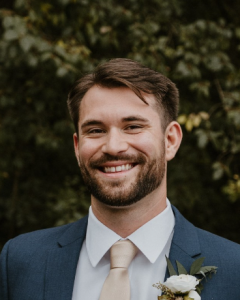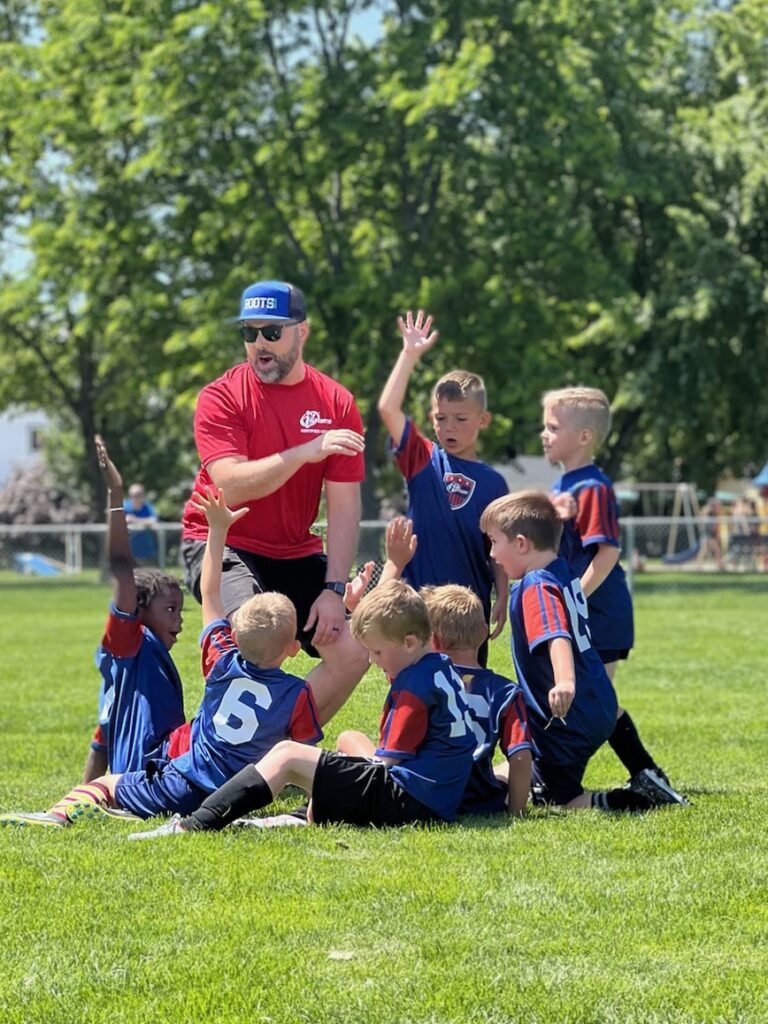What Youth Sport Coaches Can Learn from 3 of Football’s Greatest Coaches
2024 began with some of the greatest football coaches of all time retiring or stepping away from positions that they’ve held for years. Bill Belichick, Nick Saban, and Pete Carroll may be moving on from their previous roles, but we can all learn something from their experience. Youth Sports coaches can learn from their expertise and apply these characteristics to their own coaching techniques.
Bill Belichick
Fundamentals
Some may assume that at the professional/highest levels of a sport, coaches don’t spend valuable practice time teaching athletes the fundamentals of their sport… Nothing could be further from the truth, especially for the successful coaches. Coach Belichick started every season the same way with his teams, he taught the basics like blocking and tackling. He provided opportunities for them to showcase and enhance these skills until they mastered the fundamentals. During his tenure, Coach Belichick constantly discussed the importance of “doing your job” or doing things “The Patriot Way.” “The Patriot Way” refers back to playing football in a fundamentally sound way with a key focus on small and oftentimes overlooked details, to be successful on game days.
Knowing and being able to teach your athletes the fundamentals of your sport is one of the first steps every coach should take before stepping on the field or court. Find out what the most basic skills are and figure out how you can teach them to your athletes in a fun and engaging way. Legendary Coach John Wooden started every season at UCLA by teaching his college basketball players how to properly put on their socks and tie their shoes. Sounds silly, but this is a very small detail that can help players avoid ankle injuries. Proof that no fundamentals are too small! As a youth sports coach, you don’t have much time during practice to go over things like tying your shoes, but dedicating time during every practice to reiterate the sport-specific basics will enable your athletes to be successful as they continue to grow.
Nick Saban
Adaptability
Coach Saban had plenty of success during his time at The University of Alabama, but one of the main reasons for his sustained success was his willingness to adapt. Even when Alabama was winning National Championships back to back, Coach Saban was looking for ways to improve and find ways to give his team an advantage. Although Coach Saban is known for his ingenuity and expertise on the defensive side of the ball, his most notable adjustment was bringing coaches in who could bring the Alabama offense to the next level. In 2014, he brought in Lane Kiffin to be the offensive coordinator. After two seasons of building and bringing in the ‘right’ guys, the Bama offense was unstoppable. They consistently paired a top defense with a now top offense and never looked back.
As a youth sports coach, you likely don’t have access to hire top coaches in your sport, but you do have the ability to learn to adapt to your players. This doesn’t just mean changing schemes and strategies, it also means changing your coaching style or practice habits to meet the needs of your athletes. If something isn’t working and your players aren’t grasping a certain concept, find another way to communicate it to them. If you continue to communicate the same way, and players don’t understand, nothing will change. The best coaches adapt their systems and communication styles to match their athletes.
Pete Carroll
Zeal
If you’ve ever watched Coach Carroll, you’ve probably seen him on the sideline, smacking on some gum, but the trait that his athletes often reference is his “zeal.” What does zeal even mean? According to the dictionary, zeal is “a strong feeling of interest and enthusiasm that makes someone very eager or determined to do something.”
By this definition, we need all coaches to have zeal! Coach Carroll constantly discussed the importance of energy, a positive attitude, and enthusiasm with his teams. More importantly, he also embodied all of those things; he practiced what he preached.
If you are coaching young athletes, you must bring ‘zeal’ to each practice and game!
Your energy and enthusiasm will rub off on your athletes, just as Coach Carroll’s did to the athletes that he coached. Athletes, especially at the younger levels, need coaches who are enthusiastic and bring a ton of energy to the game. They often cite that as the most important aspect of their experience in a sport. Your enthusiasm for a sport can help kids fall in love with the sport and help keep them playing long term rather than quitting after one season. So next time you are getting ready for practice or a game, don’t forget to be a role model and bring the energy that you want your athletes to have.
These coaches are some of the best of their time and embody traits that parents hope to see in youth sports coaches. You may not be a professional coach, you may not have as many resources as coaches at this level, but you can always use these traits to become the best coach in your youth sports league.
About the Author

Tyler Munoz
Manager Of Sport, i9 Sports®
Tyler is responsible for creating and implementing national training programs for coaches and over 240 franchisees to achieve the company’s mission to help kids succeed in life through sports.
Tyler grew up in Modesto, California, playing baseball, basketball and football from the age of 5. Sports have always been at the center of his life and have been something that he has dedicated his life to making a positive impact in.
He discovered his passion - supporting coaches to ensure they can provide a quality sport experience to the athletes that they coach during his education at California State University, Fresno. He earned his Master of Arts in Kinesiology – Sport Psychology and his Bachelor of Arts in Political Science with a Minor in Sport Coaching from California State University, Fresno.
After graduating, Tyler spent a year in New Zealand and Australia, where he studied and participated in the two countries’ sport environments, athlete development systems, and coaching models.
After his travels, he joined the United States Olympic and Paralympic Committee’s (USOPC) Coaching Education Department as the American Development Model and Youth Development fellow. Tyler was able to collaborate and coordinate sport development projects with several National Governing Bodies and assist the Coaching Education team with creating and updating resources related to coach training and the American Development Model.
Tyler continued to consult with the USOPC on initiatives related to the American Development Model the Quality Coaching Framework and ultimately, developed an online course, Foundations of the American Development Model. In 2020, he accepted a position with USA Football as the Senior Manager of Coach Education.
During his three years there, he was able to redesign the organization’s coach education certification, which led to USA Football achieving its’ one millionth coach certification in 2022. Tyler has coached football, baseball, and basketball at all levels of sport (recreational, scholastic, national, and international) throughout his life and is passionate about giving back to the communities in which he has lived.
Presentations and Awards:
College of Health and Human Services- Outstanding Project Award
Presented graduate project at the 39th Annual Central California Research Symposium
Olympic & Paralympic Coach Magazine Spring 2020- ADM & Me: Insights in Learning from my USOPC Fellowship
Presented at the USA Football National Conference 2020
Presented at the National Post Olympic and Paralympic Conference of Sport & Science at the Wingate Institute in Israel
What Does Fun Look Like? - Interview with Athlete Era
